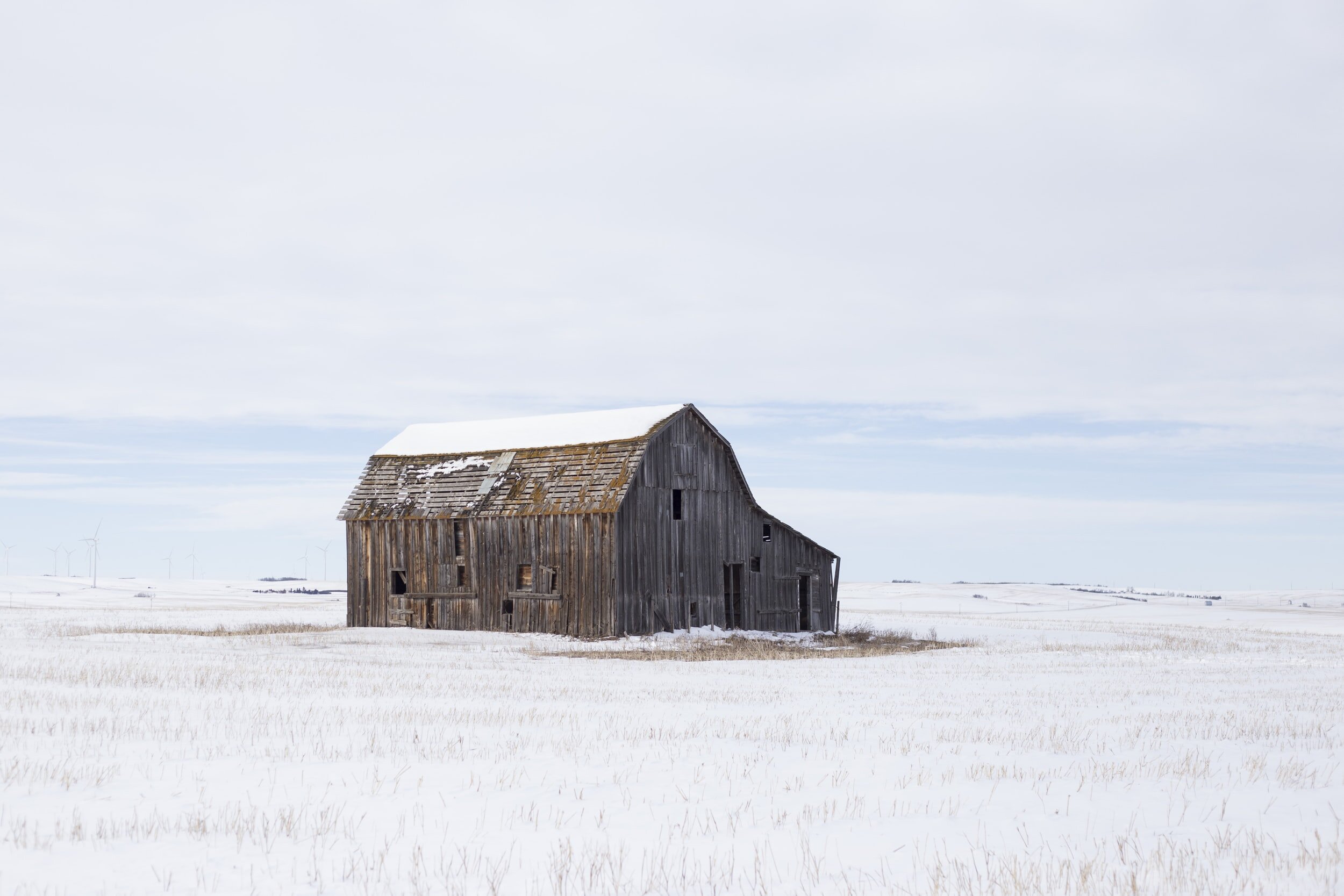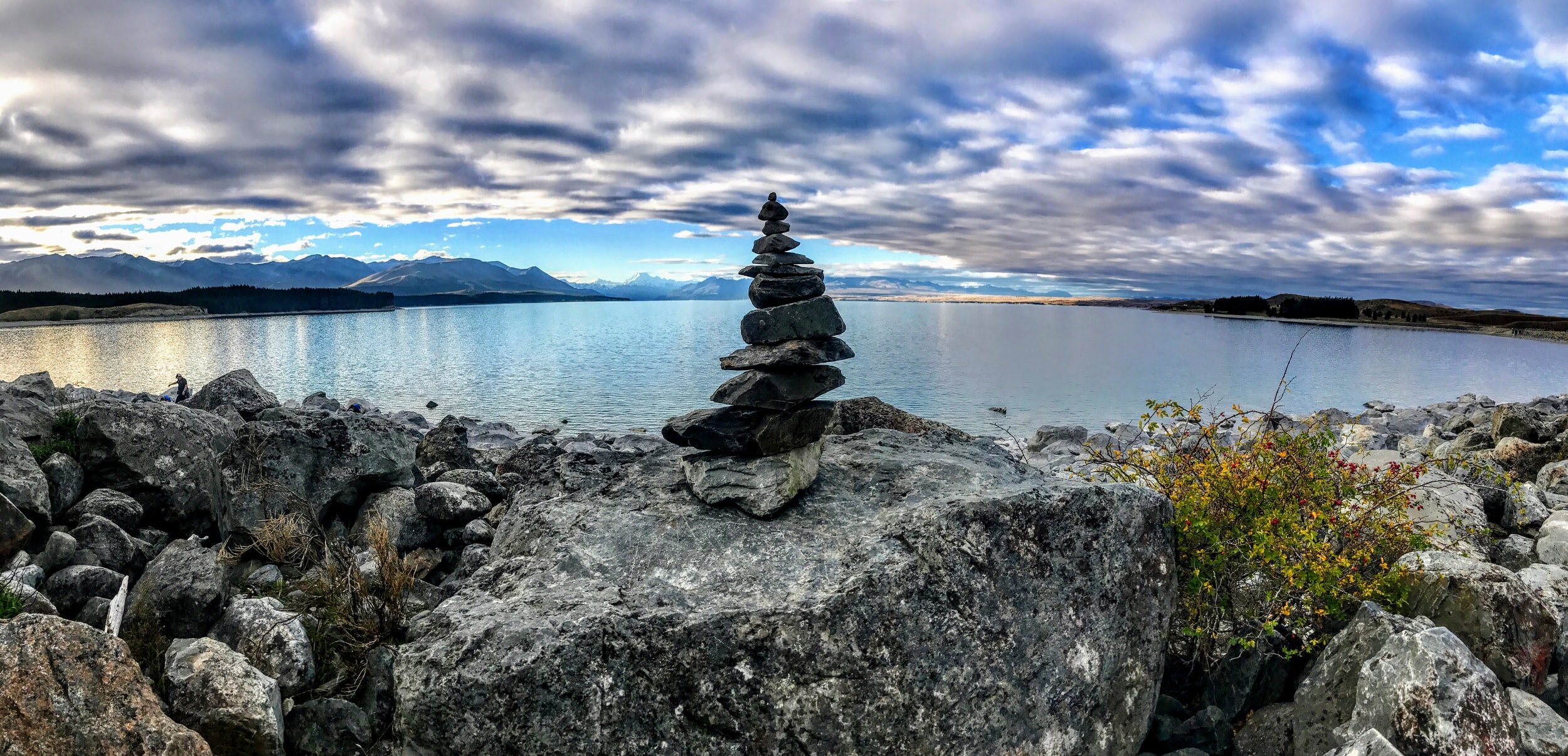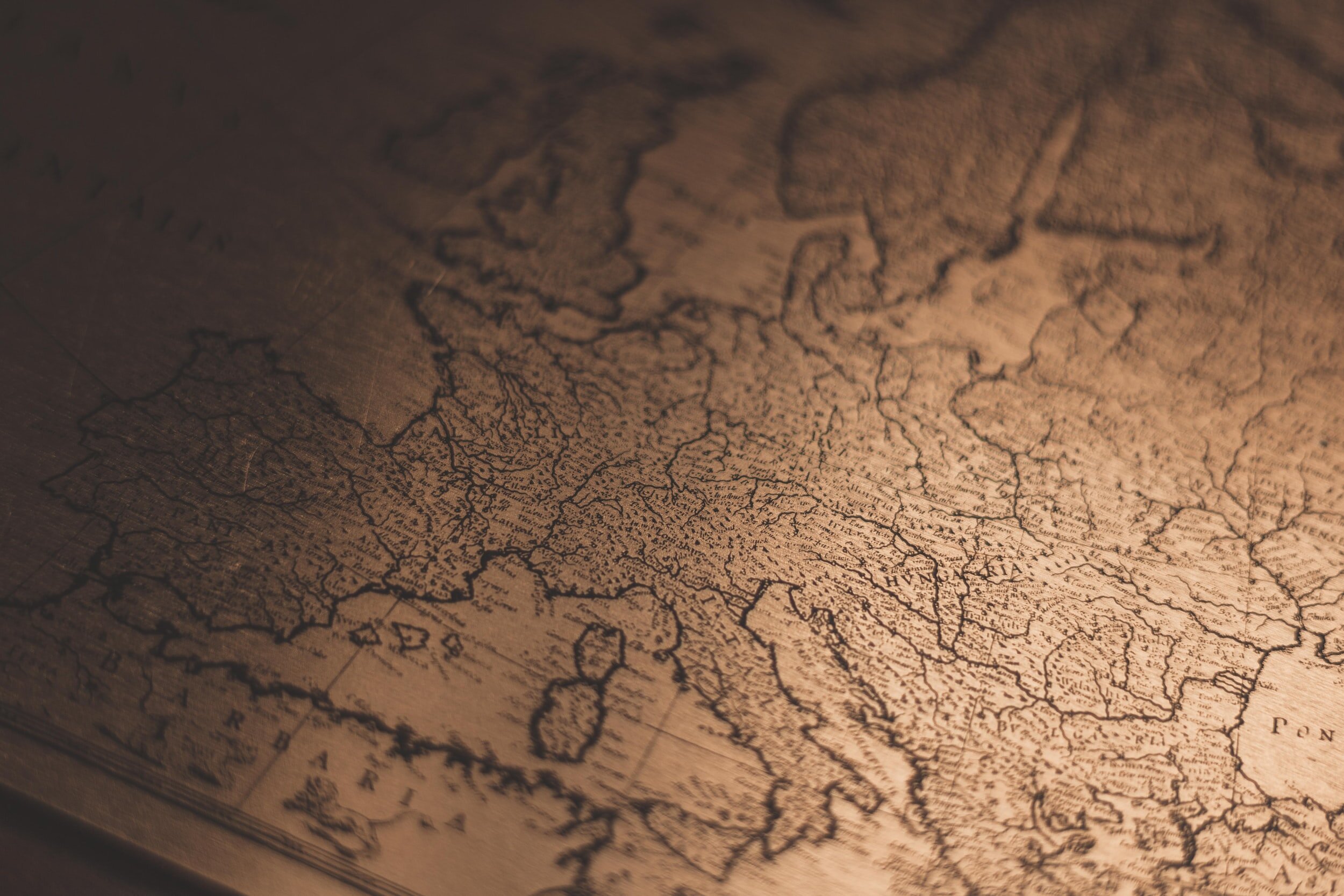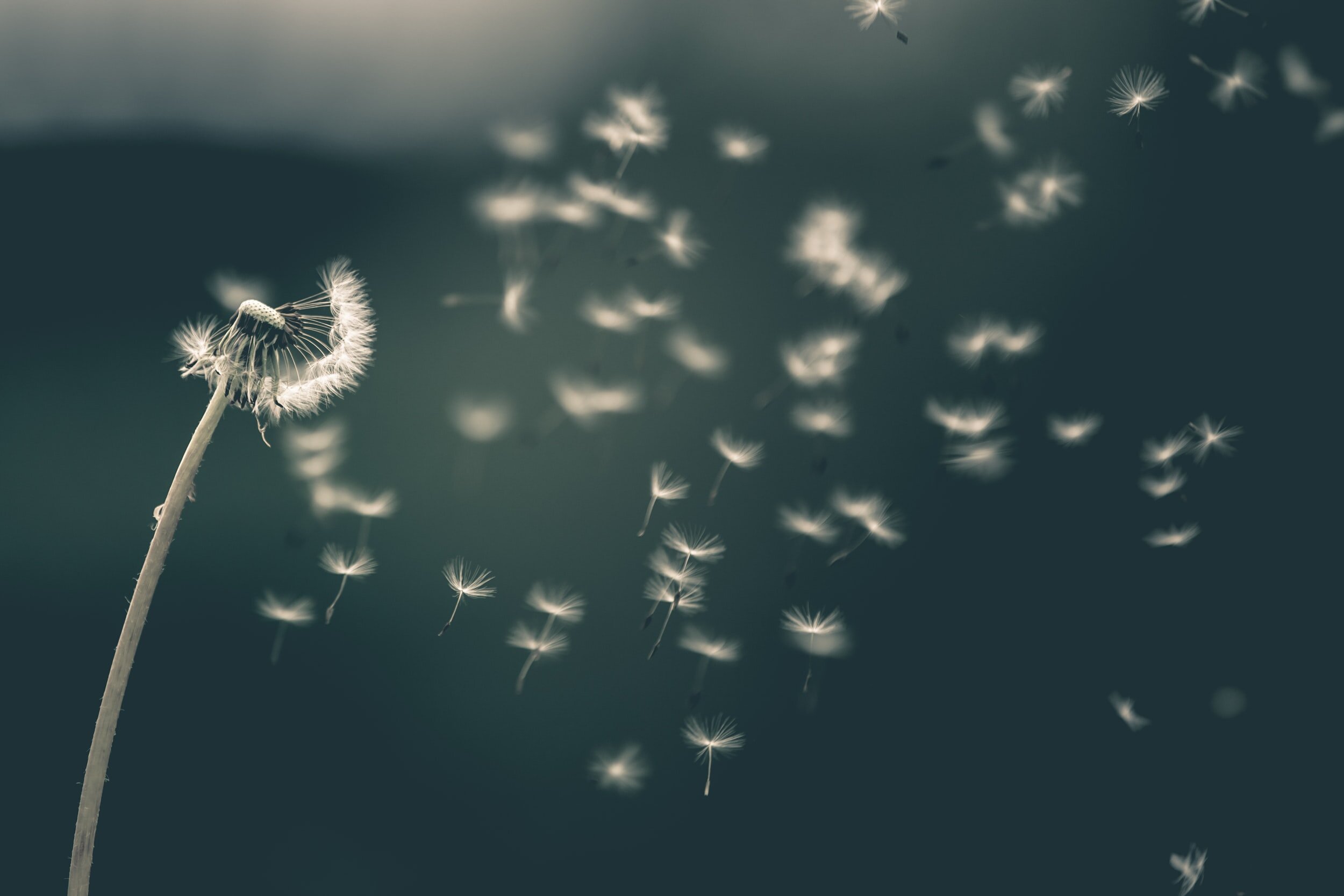Going off-grid has long been seen as the end game of the renewable energy transition. Getting solar panels on your house, some batteries for storage and cut the connection to the grid. The two problems here are:
-
The system you need to install so that you can get year-round will have to be sized for your maximum power demand.
-
The people who remain on-grid will bear the cost of keeping up the grid and their numbers will gradually dwindle. (Known as the Utility Death Spiral).
By staying on the grid, even while you have solar panels and battery storage in your house, you open up some opportunities for yourself and the world around you:
-
You can size your system smaller, lowering your required investment.
-
By pooling all resources in a grid, the total costs for the system are lower compared to when everybody would go off-grid.
-
When Peer-2-Peer energy is enabled/allowed in your neighbourhood, the people with panels can generate some extra income, while the people who have no panels, get access to cheaper power.
Going off-grid has a nice ring to it. But when you look at the bigger picture, we are all part of a community. It would be foolish to ignore the opportunities that provide for everybody.




